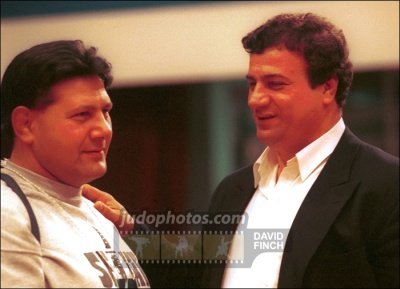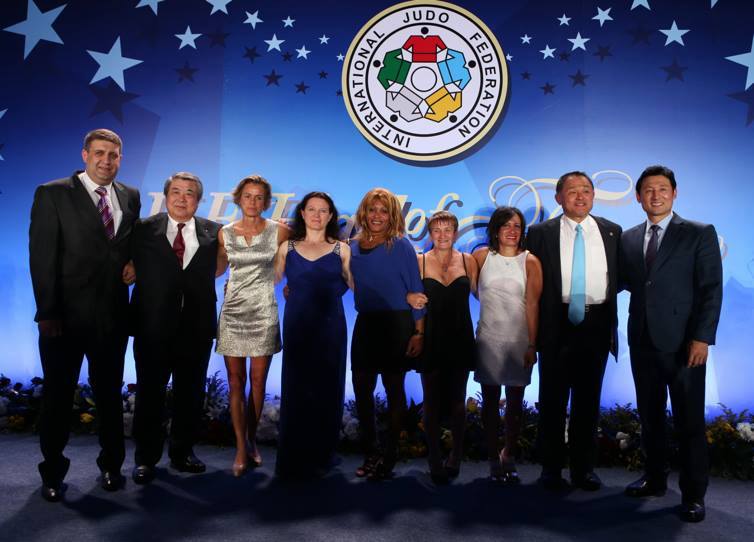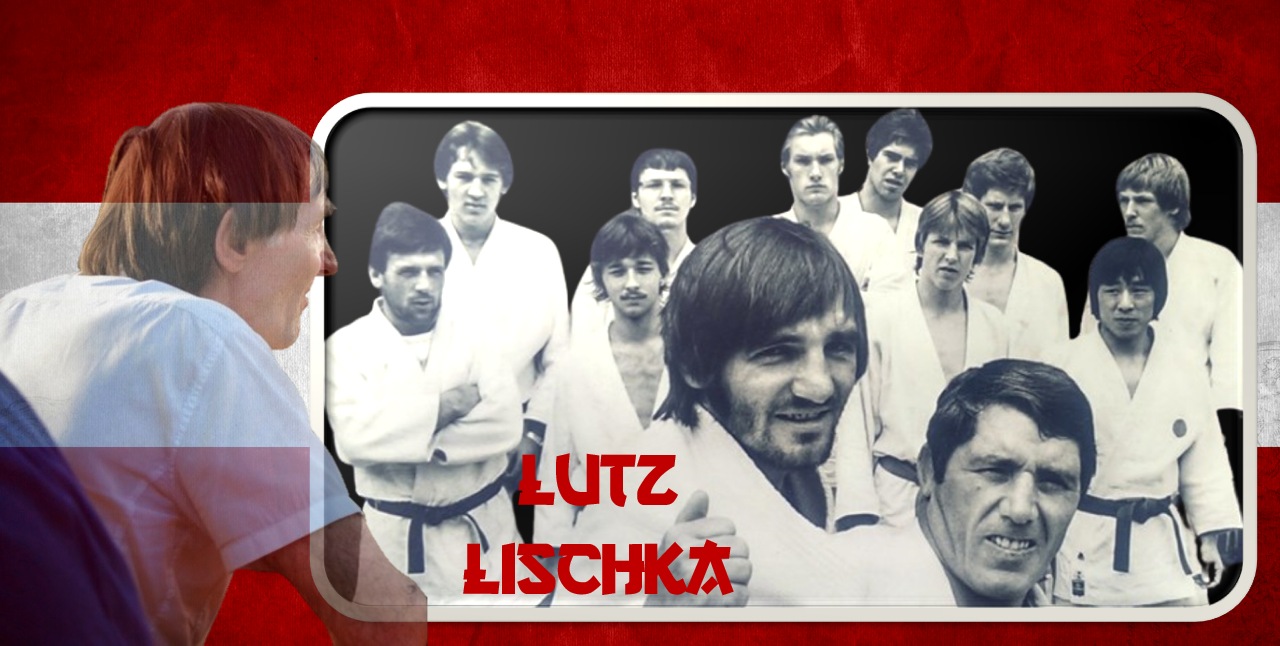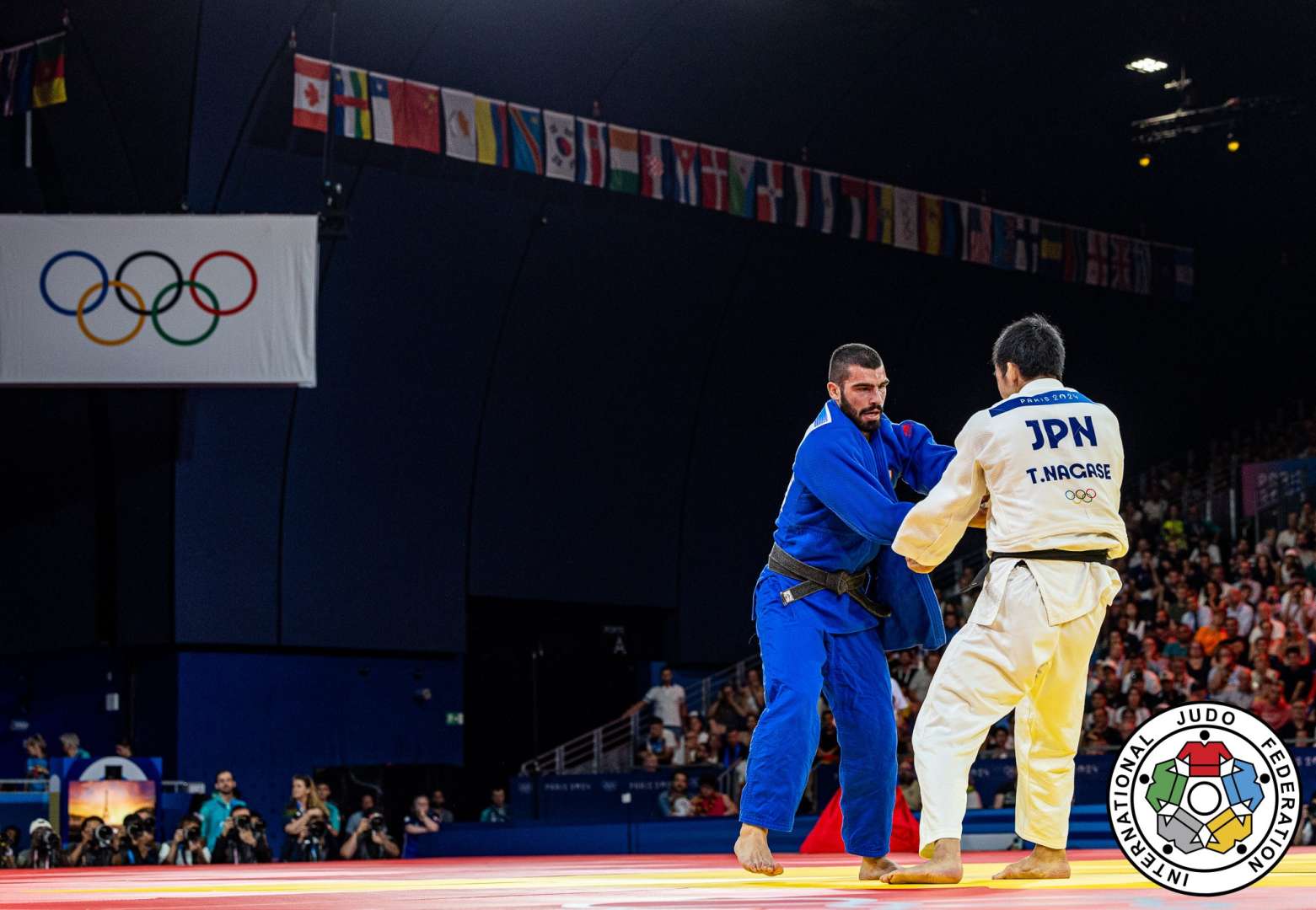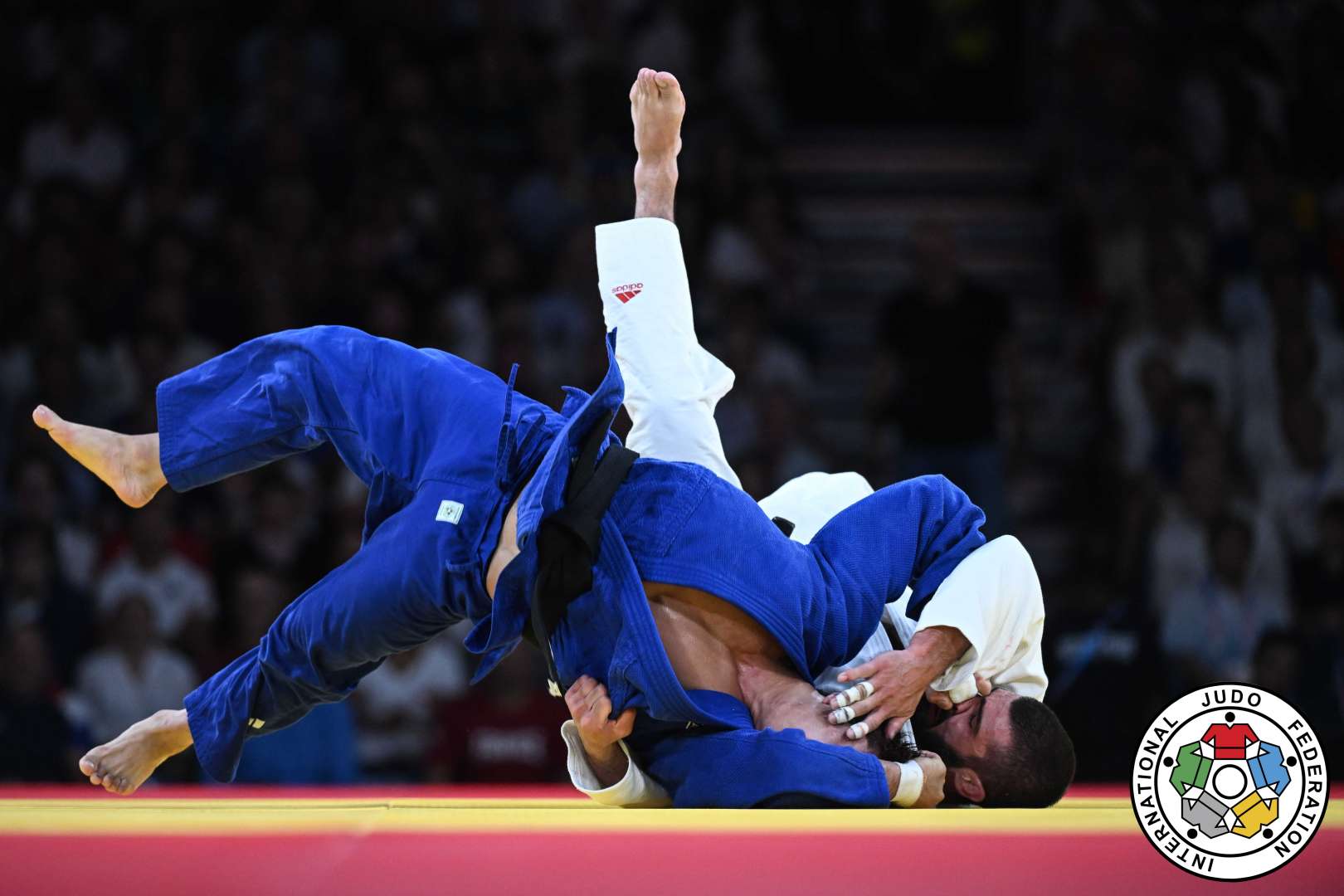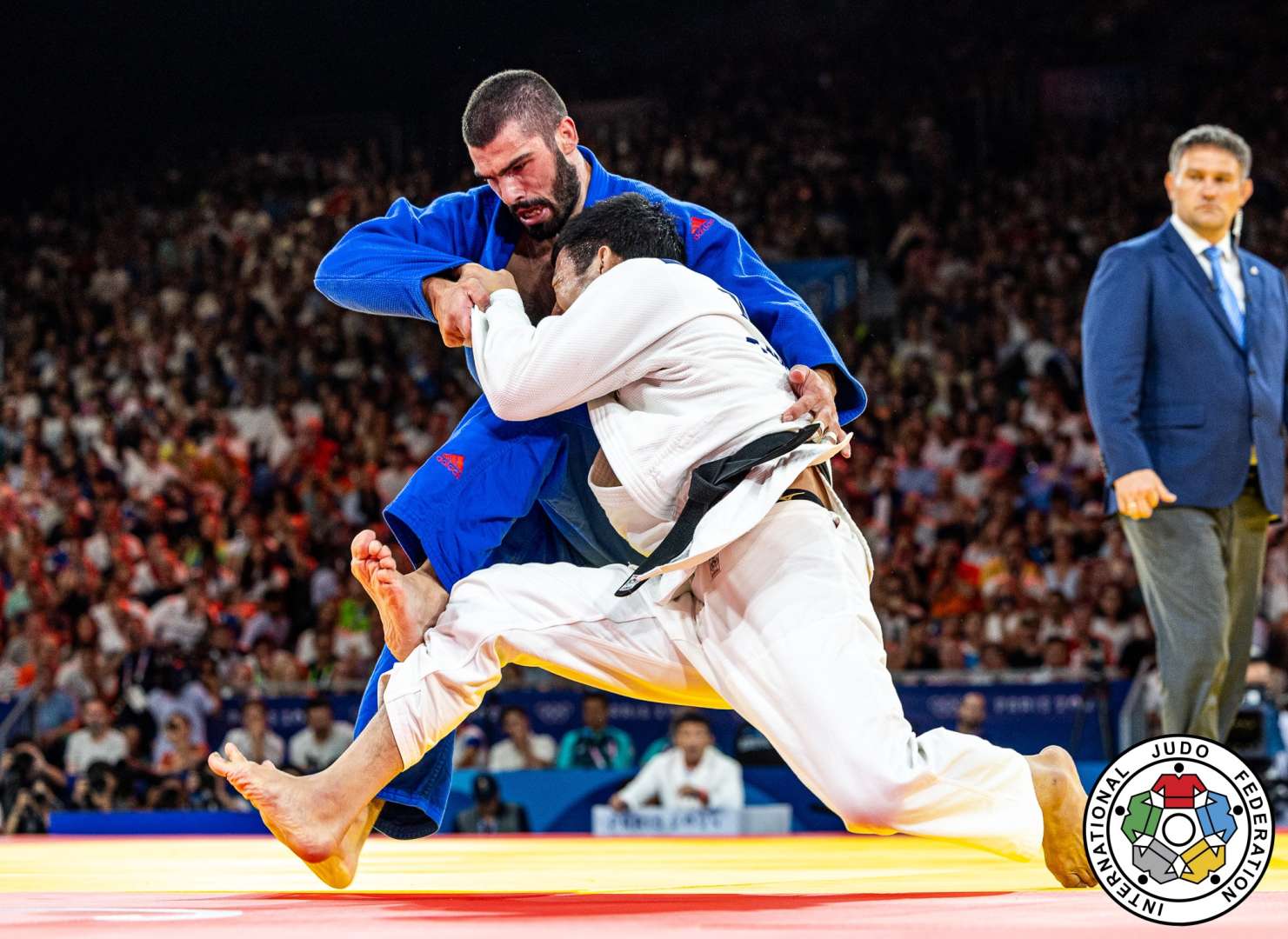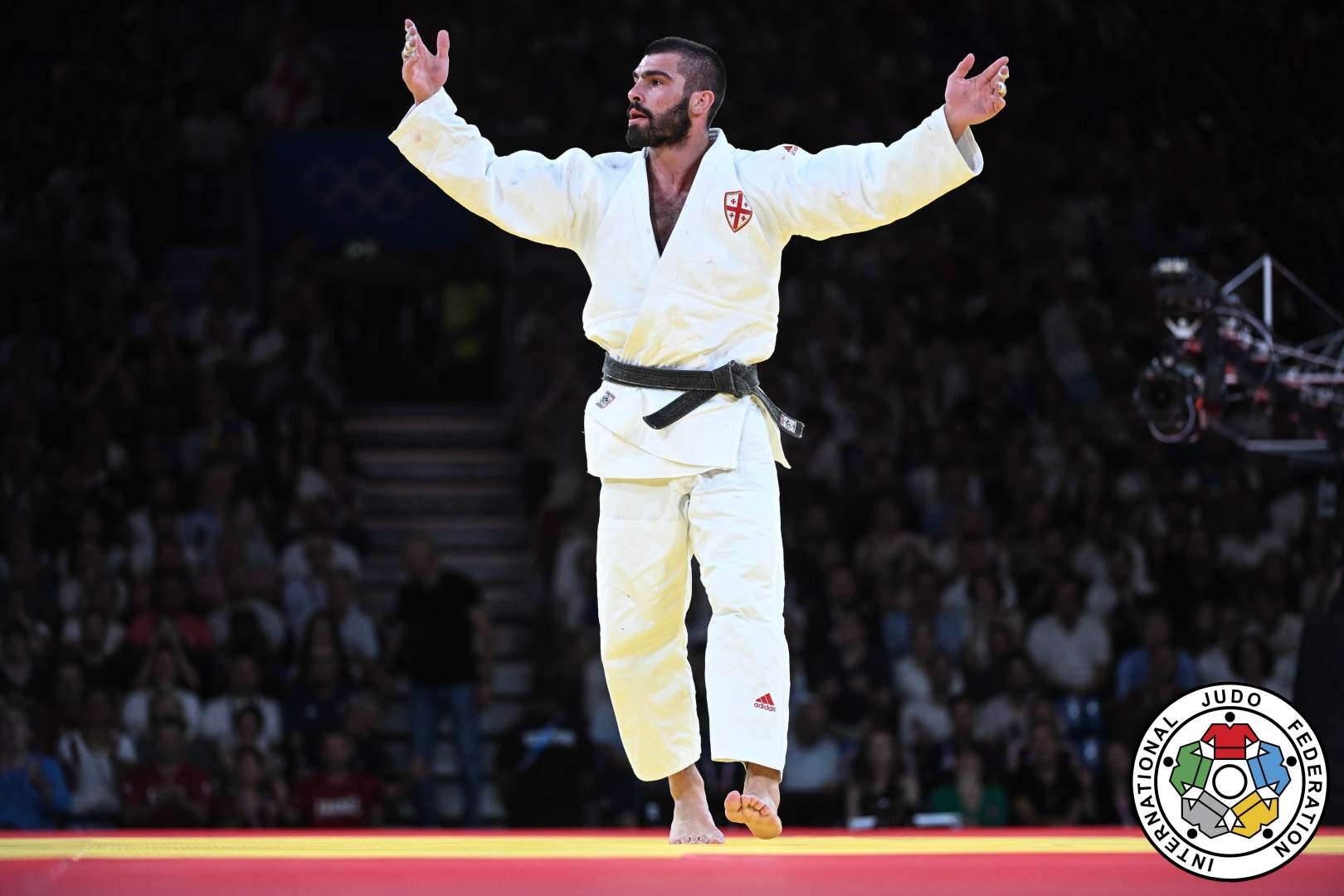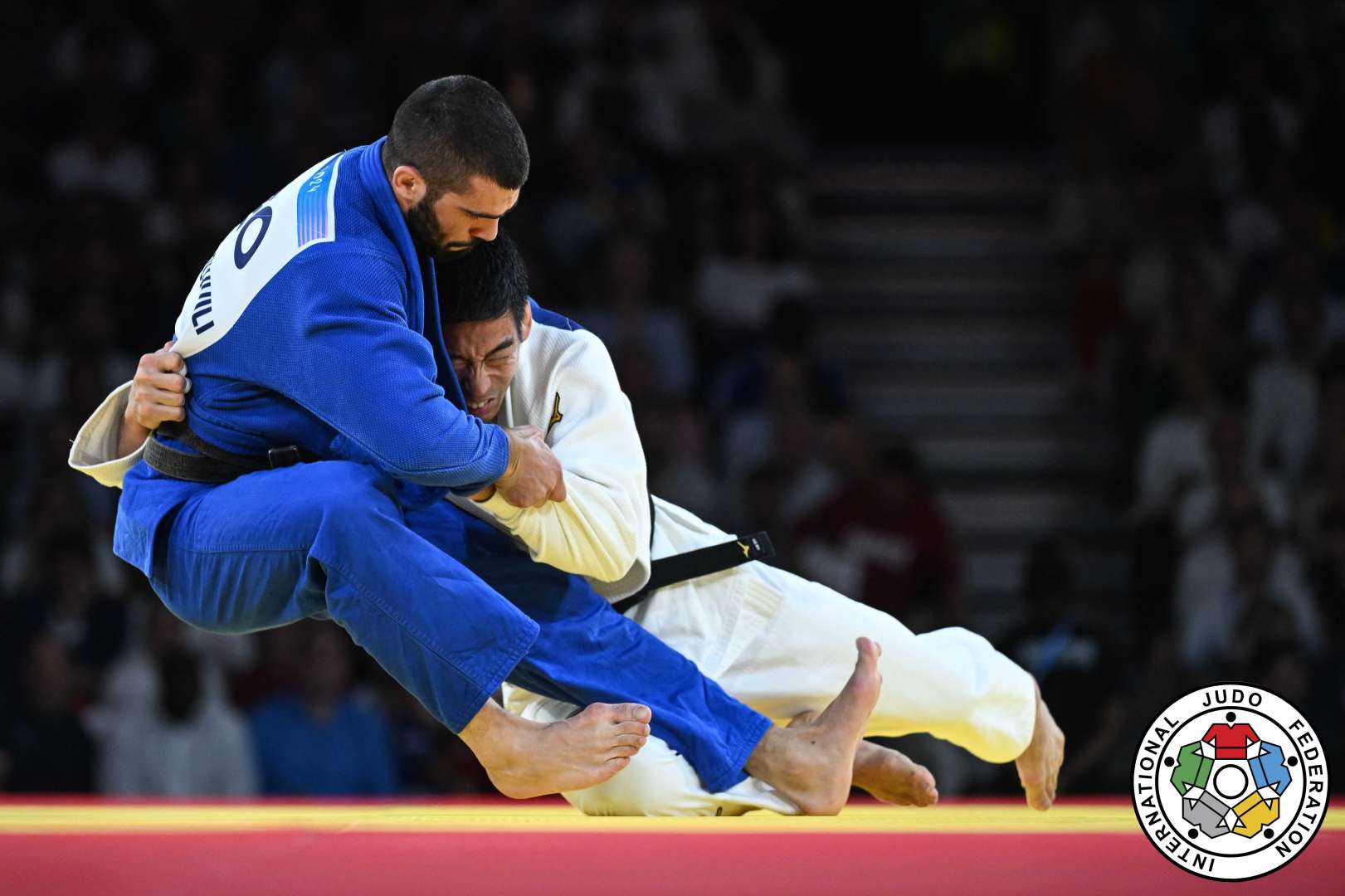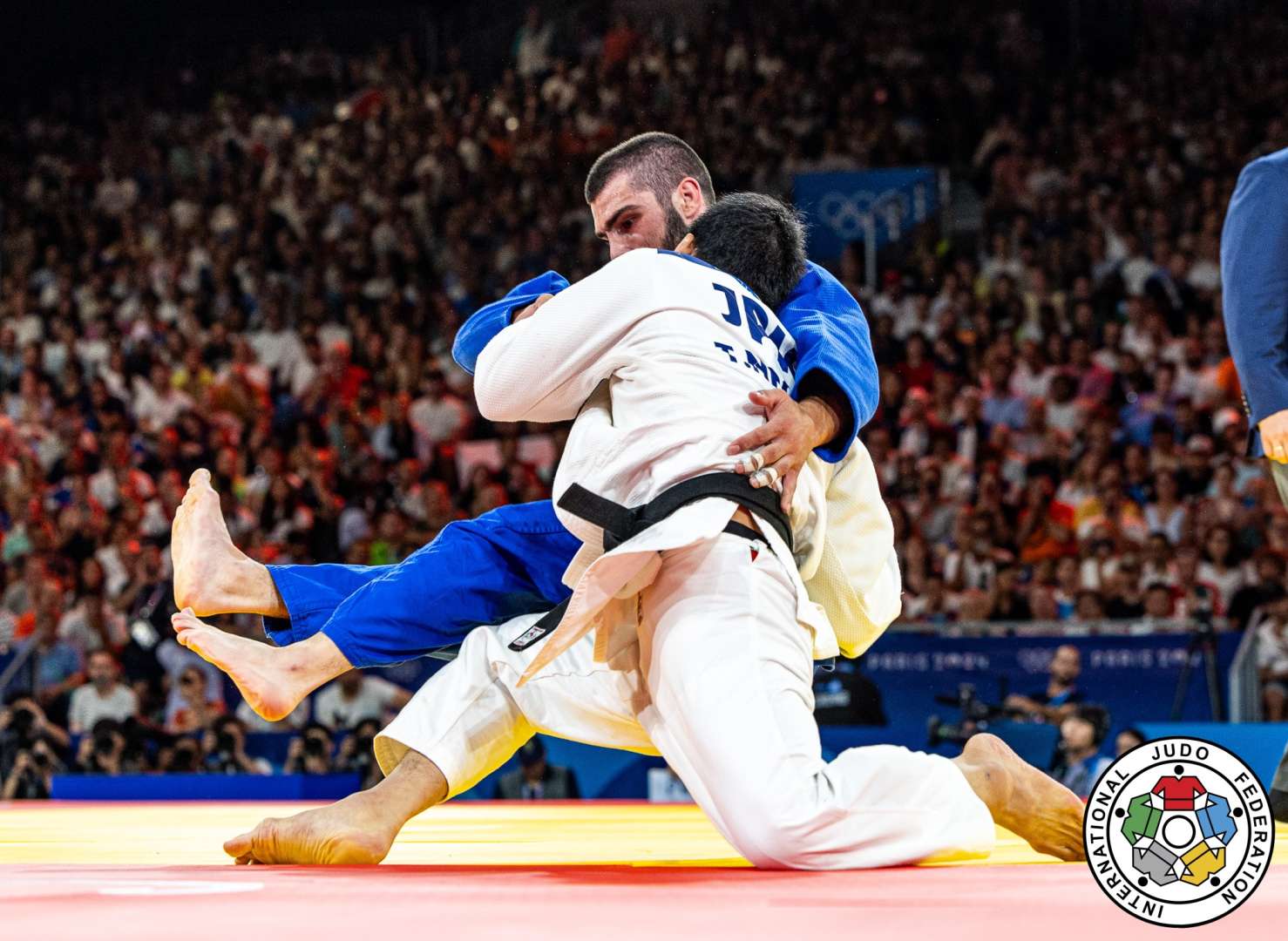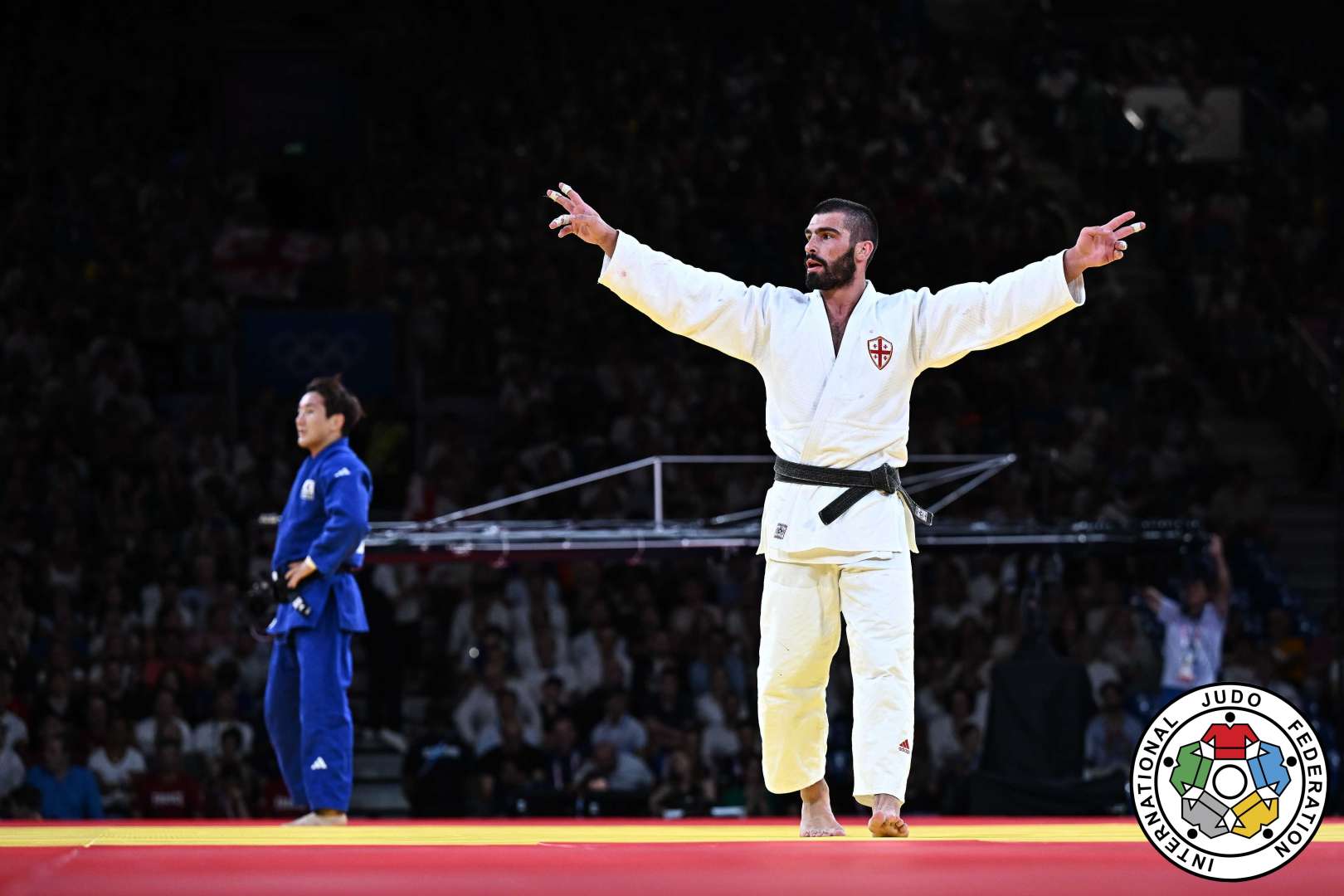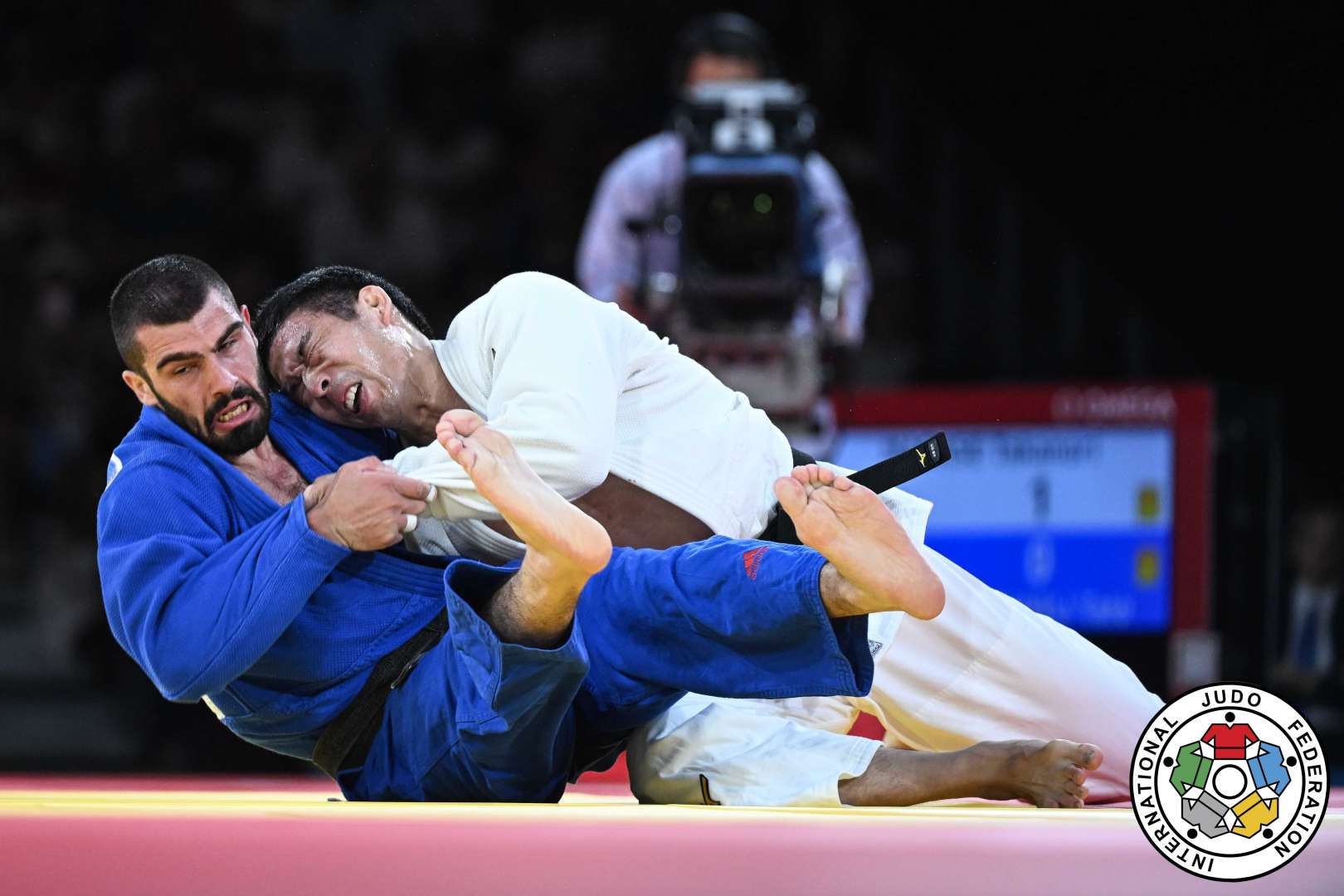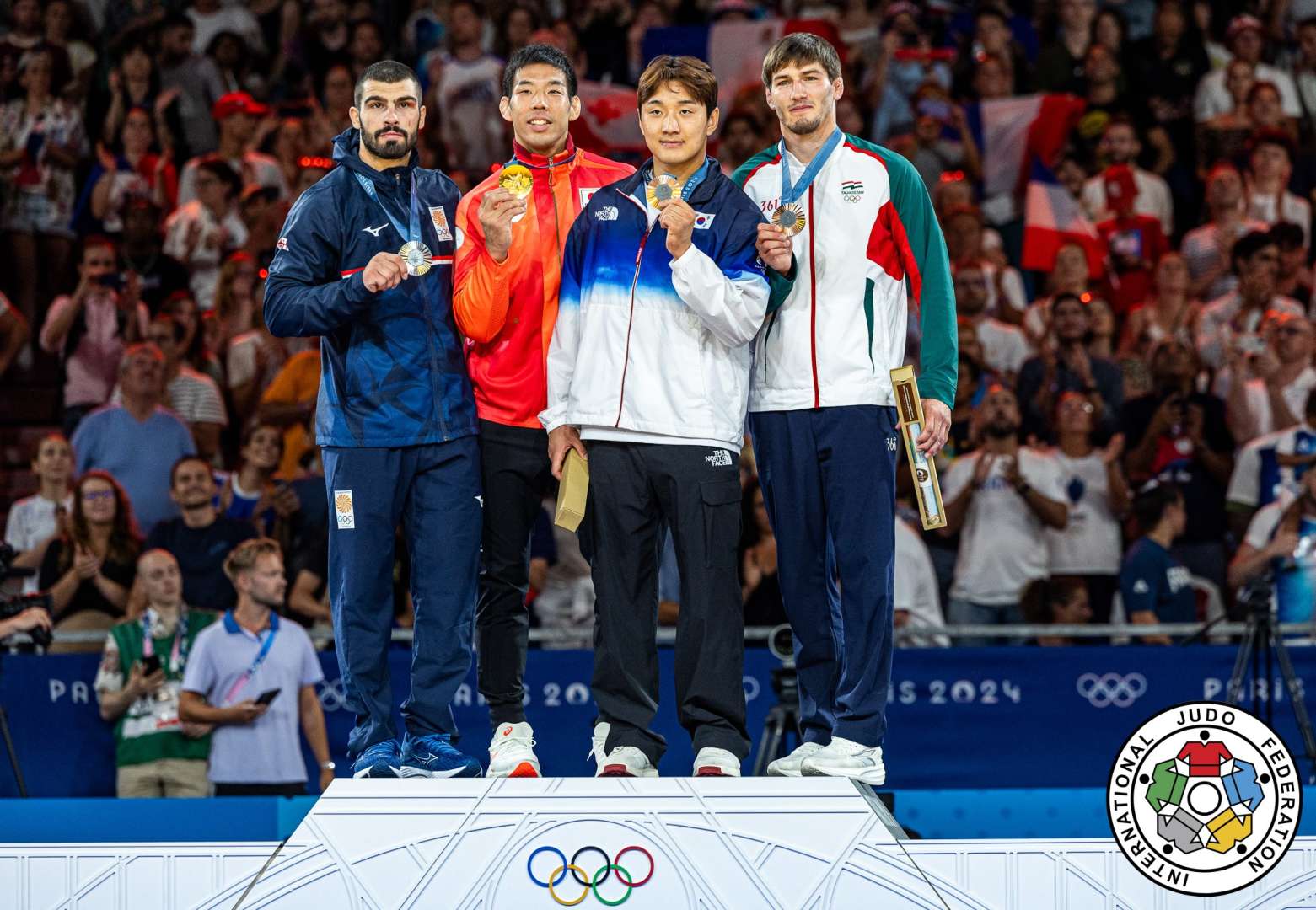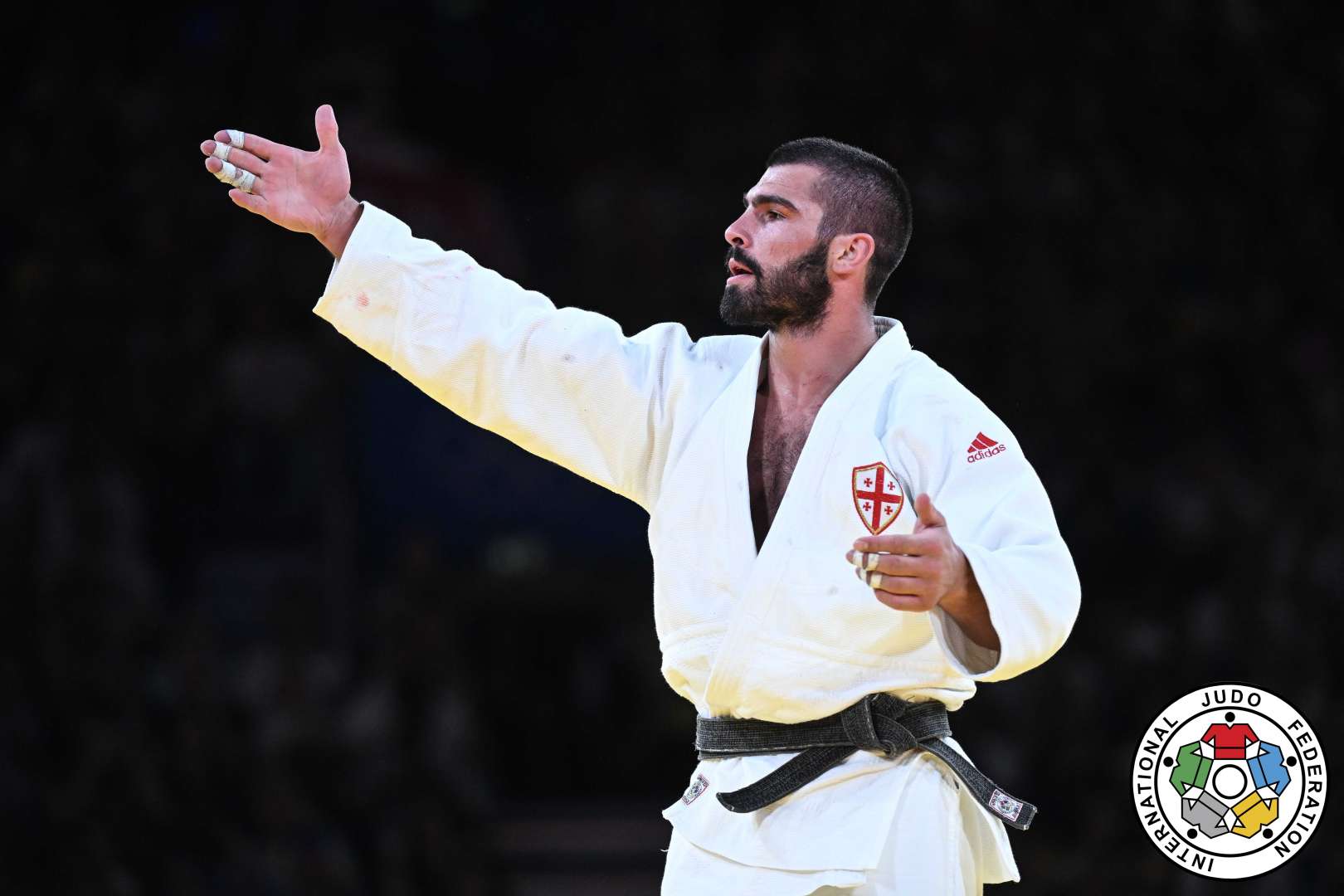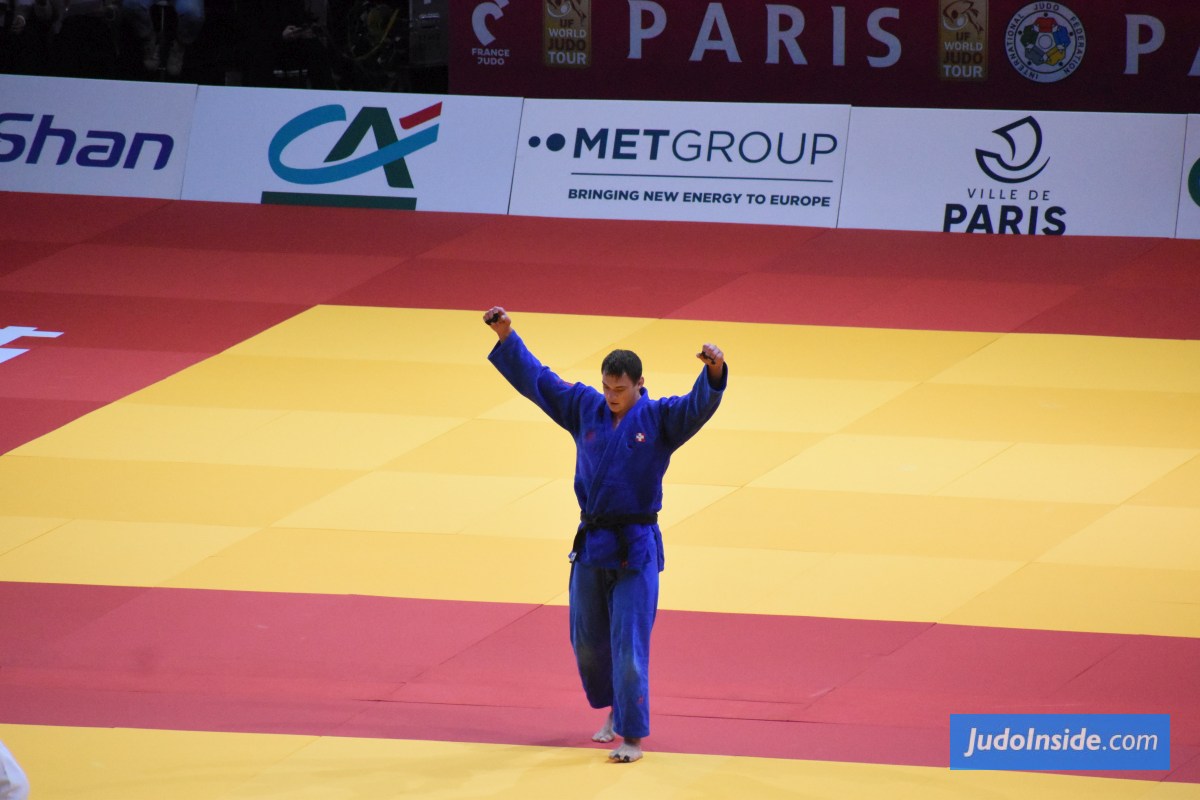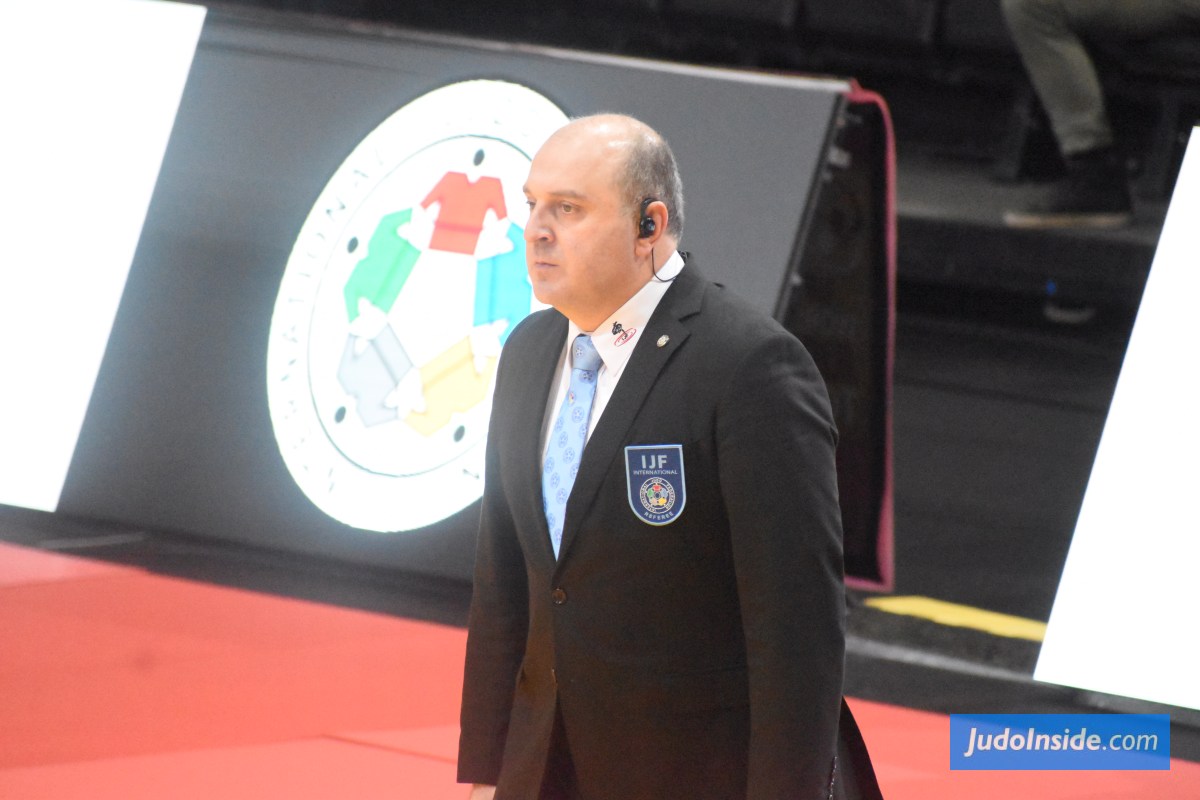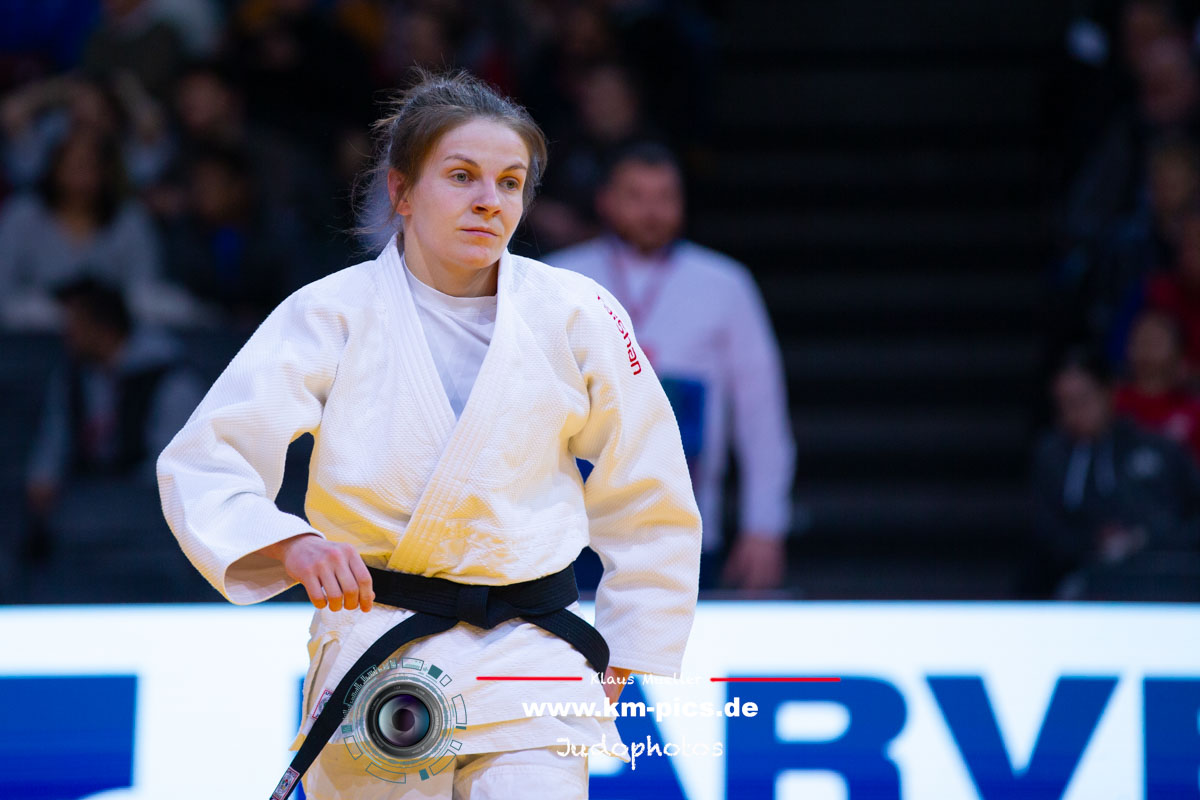Olympic Games 1972 review: Shota Chochishvili writes history
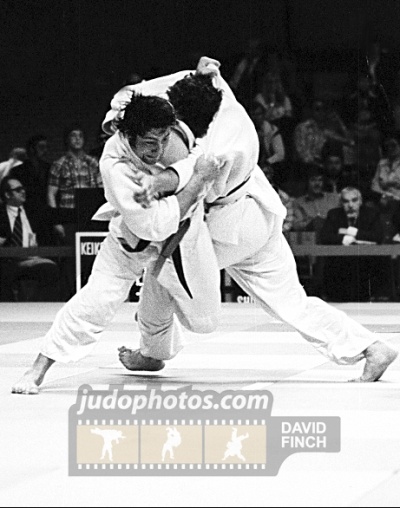
 10 Jul 2022 09:25
10 Jul 2022 09:25
 by JudoCrazy and JudoInside
by JudoCrazy and JudoInside
 David Finch / Judophotos.com
David Finch / Judophotos.com
At the Olympic Games in 1972 in the heavyweight class U93kg, top favorite was Japan’s Fumio Sasahara, the World Champion in 1969 and 1971. JudoCrazy’s Oon Yeoh reviewed the history of the Olympic Games in Munich.
Prior to the competition, no one had even heard of the Soviet Union’s Shota Chochishvili, a fresh-faced 22-year old fighter from Georgia. Few also considered Britain’s David Starbrook (whose best results up to that point was a World bronze) to be a top contender for the gold. But this was the Olympics and anything can happen.
Chochishvili’s judo was quite typical of players who hailed from Georgia. His seoi-nage for example, was done from a cross-grip, and he was fully capable of doing the Georgian pick-up that would later be known as the Khabarelli. But his main throw was ura-nage.
He started off well, defeating Cha Du Yong of North Korea in his first match. However, the luck of the draw meant that his next bout would be against the favorite: Sasahara. Chochishvili’s Olympic journey was about to be over almost as soon as it began but the unexpected happened. In a move that stunned the judo world, Chochishvili took a cross-grip, swung Sasahara around and slammed him flat on his back for an ippon.
Next up, he was up against Britain’s Starbrook. After facing Japan’s double world champion, Chochishvili should have found this match to be much easier. But it wasn’t. In a very closely fought battle, the referee’s decision went to Starbrook. Chochishvili’s defeat meant that Sasahara’s chance to fight for a bronze medal had evaporated. The Japanese would not have a medal of any color in this division.
Ironically, Chochisvili himself still had a chance for gold. Under the unusual repechage system of the time, it was possible for him to claw his way up to the final. And that’s exactly what happened. Chochishvili defeated Pierre Albertini of France, Paul Barth of Australia and James Wooley of the USA to earn the right to face Starbrook again, in the final.
All Starbrook had to do was repeat his earlier win, and he would be Olympic champion. But his young Georgian opponent, clearly still smarting from his earlier defeat, had other plans and attacked aggressively from the start. Chochishvili very nearly scored with a foot technique that took Starbrook to the ground. The Briton attacked back but none of his moves came close to scoring. The match went to full time and the referee’s decision rightly went to Chochishvili.
Chochishvili’s unexpected win made him a hero in his home country of Georgia. That Olympic moment in 1972 was his peak. Chochishvili would not be able to win another major international title after that, although he did go on to win a World bronze and an Olympic bronze. Remarkably, Chochishvili never won a European Championship gold. His best results at the European level were three European silver medals.
Support JudoCrazy
JudoInside's JudoCrazy partner, Oon Yeoh, is creating interesting content such as this series of articles about Olympic judo history. Support his efforts by subscribing to his Patreon or Substack.
 like
like
 share
share
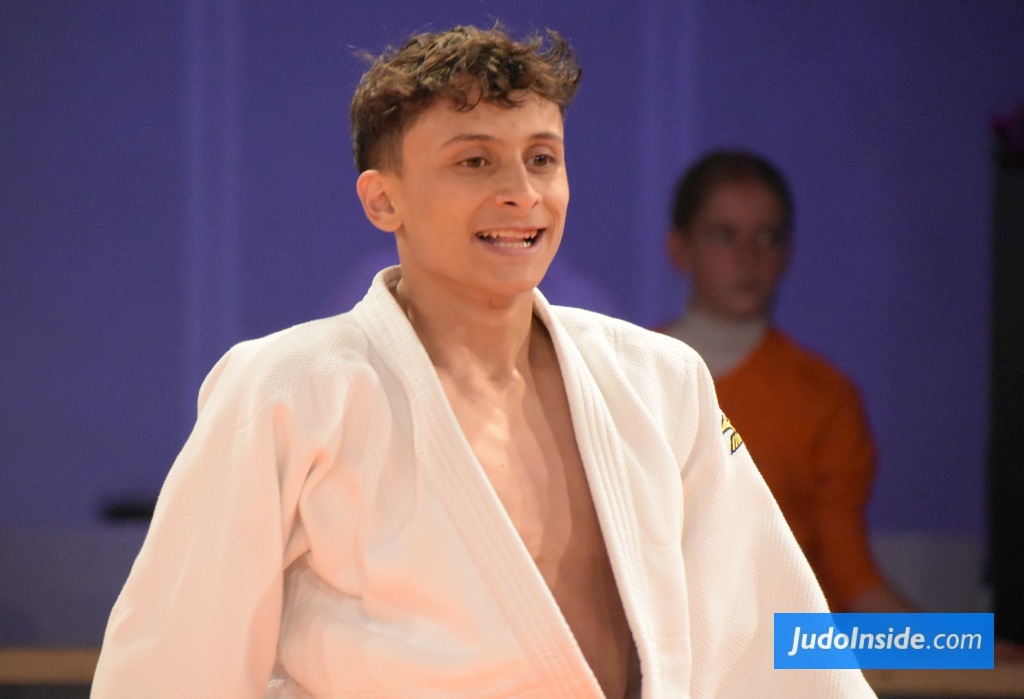
| Result | City | Date |
|---|---|---|
| 2 | Paris | 2024 |
| 1 | Abu Dhabi | 2024 |
| 1 | Zagreb | 2024 |
| 3 | Belgrade | 2023 |
| 2 | Montpellier | 2023 |
